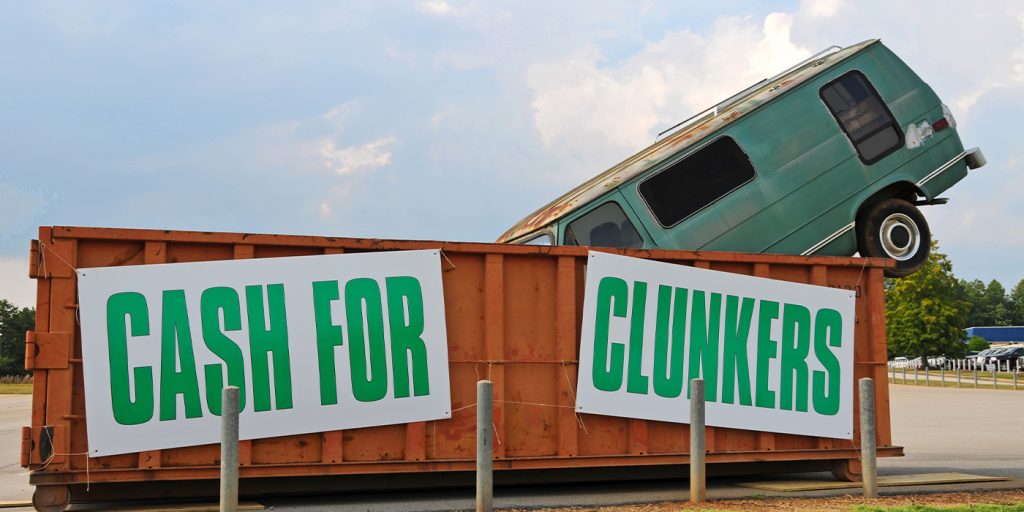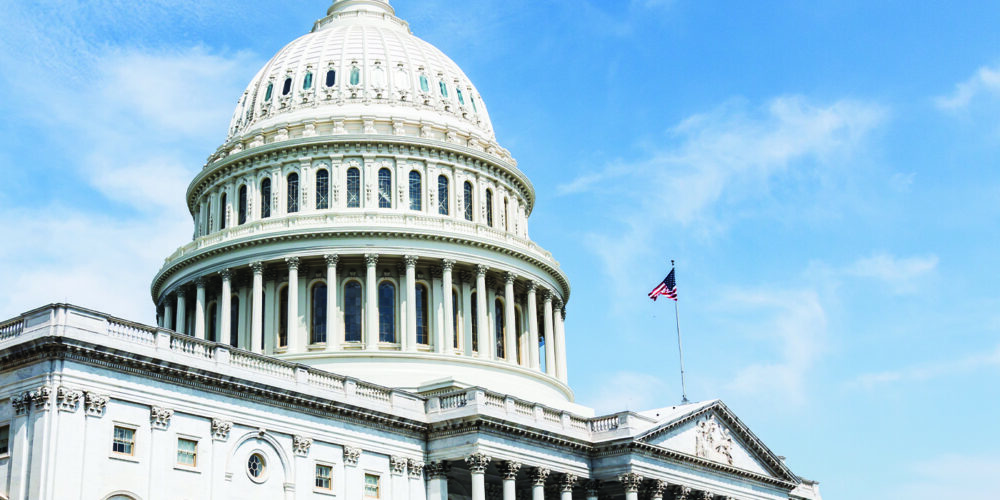The Automotive Service Association (ASA) is urging its members to CLICK HERE to send a letter to their senators to oppose a Cash for Clunkers program in the next COVID-19 economic stimulus legislation.
On May 15, the U.S. House of Representatives passed the fifth COVID-19 stimulus legislation, H.R. 6800, the Health and Economic Recovery Omnibus Emergency Solutions (HEROES) Act.
ASA was pleased to see that the HEROES Act did not include a Cash for Clunkers program.
Automotive repairers have felt the economic impact from the COVID-19 pandemic. Some auto manufacturers have proposed reviving the Obama Administration’s Cash for Clunkers initiative, which paid the owners of older vehicles as much as $4,500 to help stimulate the economy in the summer of 2009. During this short period of time, approximately 700,000 post-warranty vehicles were taken off U.S. highways and out of independent repair shops.
In May, major automotive aftermarket associations, including the Auto Care Association, Tire Industry Association and Service Station Dealers of American and Allied Trades, the Automotive Oil Change Association and the Automotive Service Association, sent a letter to Congressional leaders in opposition of a new Cash for Clunkers type program from being included in the next COVID-19 stimulus legislation. The members of these organizations represent automotive service and repair professionals, tire dealers, distributors and manufacturers that depend primarily on post-warranty vehicles for revenue.
As the COVID-19 pandemic continues to ravage the nation economically, the ASA is continuing to work to ensure that a Cash for Clunkers program is not included in the next round of stimulus legislation.











